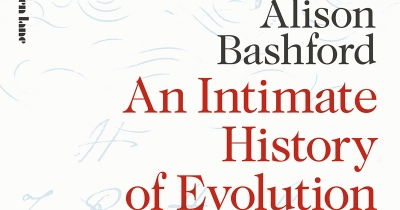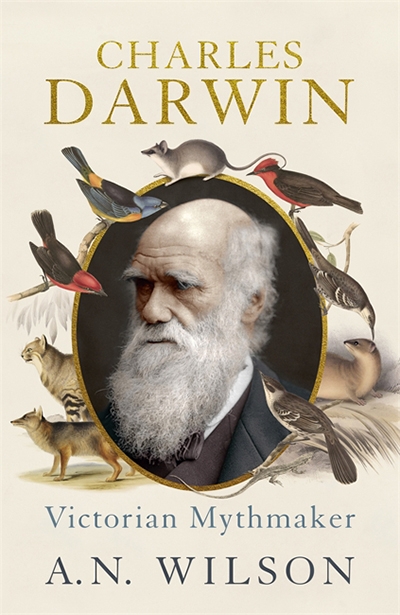Evolution
An Intimate History of Evolution: The story of the Huxley family by Alison Bashford
by Gary Werskey •
Survival of the Beautiful: Art, science, and evolution by David Rothenberg
by Ian Gibbins •
Mothers and Others: The evolutionary origins of mutual understanding by Sarah Blaffer Hrdy
by Michael Gilding •
The Evolution Revolution: Design Without Intelligence by Ken McNamara and John Long
by Ian Gibbins •





